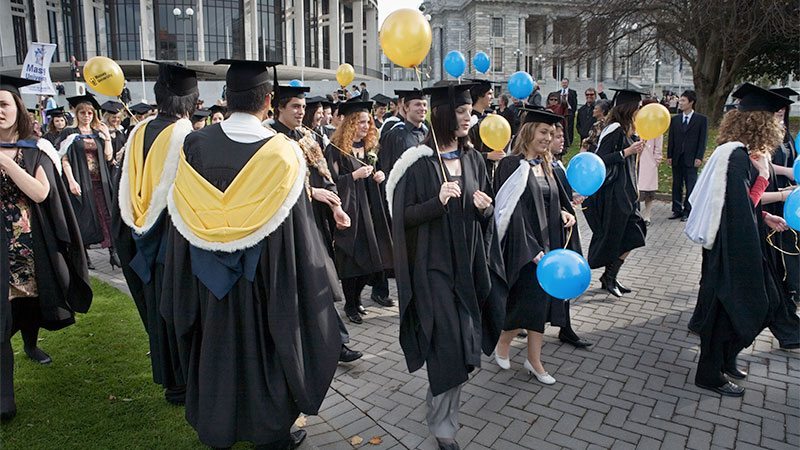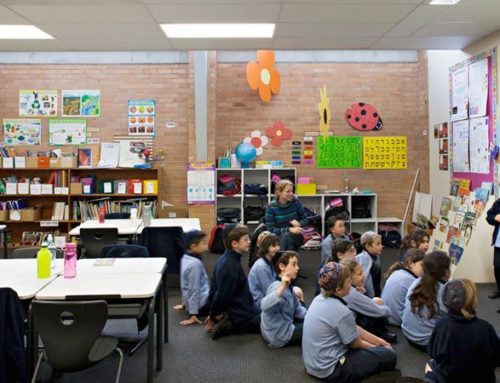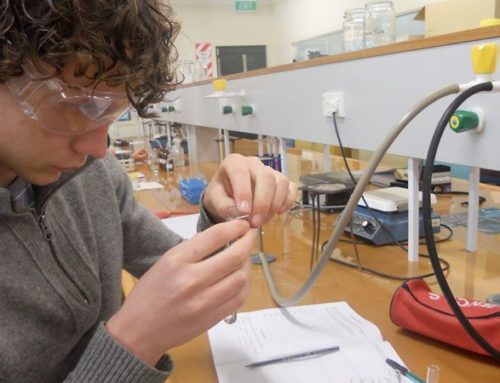 New Zealand has eight universities which all offer general undergraduate and graduate degrees and diplomas in arts, sciences and commerce, as well as specialist degrees in particular disciplines. There is also numerous Polytechnics, Colleges of Education and Private Training Establishments offering a wide range of academic and professional courses.
New Zealand has eight universities which all offer general undergraduate and graduate degrees and diplomas in arts, sciences and commerce, as well as specialist degrees in particular disciplines. There is also numerous Polytechnics, Colleges of Education and Private Training Establishments offering a wide range of academic and professional courses.
Universities
Undergraduate degrees such as BA (Bachelor of Arts) or a BSc (Bachelor of Science) take 3 to 4 years to complete while vocational or professional training may take longer.
Each university publishes an annual Calendar detailing the courses scheduled during the academic year and these are usually held in the reference section of most public libraries and can also be purchased from leading booksellers and university bookshops, and also specify fees and entry requirements. Term dates vary between universities.
All university students must be able to speak English and some universities have a set level of competency.
The entry requirements for university are either an A or B Bursary or Higher School Certificate with at least three C passes. It is also possible to gain entrance to university by getting a total of less than 12 in your top four Sixth Form Certificate subjects. These requirements are waived once you are over 21 years of age. Admittance to some courses is keenly competitive and in these cases, only those students with strong academic records are enrolled.
Specialist Subjects
The University of Auckland:
Architecture, Planning, Engineering, Medicine, Optometry, Fine Arts, Law
Auckland University of Technology:
Health Studies, Tourism, Engineering, Communications, Hotel Management
The University of Waikato:
(Hamilton)
Law, Maori Studies
Massey University:
(Palmerston North, Wellington & Auckland)
Agriculture & Horticulture, Aviation Studies, Business Studies, Design, Food Technology, Social Sciences, Veterinary Science – Massey University is the only New Zealand university that offers extramural courses (distance learning) in a wide range of subjects.
Victoria University:
(Wellington)
Architecture, Design, Public Administration, Social Work, Law
The University of Canterbury:
(Christchurch)
Engineering, Forestry, Fine Arts, Journalism
Lincoln University:
(near Christchurch)
Agriculture & Horticulture, Natural Resource Management
The University of Otago:
(Dunedin)
Dentistry, Law, Medicine, Physical Education, Pharmacy, Surveying, Theology.
Polytechnics
New Zealand has 22 polytechnics offering a wide range of academic, vocational and professional courses as well as three and four year degrees, polytechnics also offer short full-time and part-time courses. These courses are scheduled throughout the year.
Each polytechnic publishes an annual Prospectus detailing the courses scheduled during the academic year. Fees and entry requirements are also included in the Prospectus.
To study at a Polytechnic you will require Sixth Form Certificate in subjects relevant to the course studies.
Colleges of Education/Teacher Training Colleges
New Zealand has 4 Colleges of Education – often referred to as Teacher Training Colleges and these are located in Auckland, Wellington, Christchurch and Dunedin. Waikato and Massey Universities offer teacher training as well.
Teacher education courses, but not comprehensive teacher training programmes, are also run by a number of polytechnics and private training establishments.
To study at a College of Education you will require Sixth Form Certificate in subjects relevant to the course studies.
Private Training Establishments
These are several thousand Private Training Establishments in New Zealand offering a wide range of courses, although most tend to specialize in particular subjects.
Over 800 are registered with the New Zealand Qualifications Authority (NZQA) and a small number offer degrees. About a quarter are Maori owned and operated.
Overseas Students
Students who have not been educated in the New Zealand school system may still undertake NZ tertiary studies.
Each university, polytechnic and College of Education has its own entry requirements for students educated overseas.
English Language Requirements
Most tertiary institutions require evidence of competency in both spoken and written English. At least either IELTS level 6.0 or 6.5 or TOEFL 550, with a minimum score of 4.0 or 5.0 on the written test, is required. These tests are internationally recognized and both can be taken in New Zealand.
Applications
Tertiary institutions generally begin their academic year in February and closing dates for applications vary.
For courses starting in February, it is advisable to apply by September of the previous year, this is particularly so with the more popular courses. Half-year courses run by polytechnics generally begin in July and, as in the case of universities, early enrolment is advisable for popular courses. Application forms are available directly from each individual institution. An application fee of up to NZ $150.00 applies in some cases and certified translations should be provided for all educational certificates in any language other than English.
Allowances
Student allowances are available for New Zealand students aged 18 years and over who are studying in recognized full-time tertiary courses. Students who hold permanent resident status must have held it for at least 2 years before they can access the Student Allowances Scheme. The allowance is means tested, and how much you receive depends on your individual circumstances. Considerations include your age, whether or not you are married and have dependent children, other sources of income, such as wages earned by your spouse and for students aged less than 25 years, parental income is also taken into account.
Fees & Student Loans
The Government funds state tertiary institutions and meet most of the costs of providing tuition, currently, students contribute about 25% of the cost of a course. Costs vary depending on the type and level of courses taken. For example, the first year of full-time study for an Arts degree may cost about NZ $3000.00, while fees for the final year’s training as a doctor or dentist can be as much as NZ $10,000.
Student loans are available to meet these costs and all students; even those receiving student allowances can apply for a government funded student loan. While students are studying full-time, the loans are interest free and when students have completed their studies, repayments are made through the Inland Revenue Department. These are income-related. Repayment rates are currently 10% of everything earned over NZ $15,496 in any one year, or NZ $298 per week before tax.
Currently students can borrow the following under the loan scheme:
- The full cost of course fees
- Up to NZ $1,000 a year for course related expenses
- Up to NZ $150 a week for living expenses for the length of the course, less any student allowances
(This provision applies only to full-time students).
Students Association
Students enrolled at most public tertiary institutions become members of student associations. Fees range from NZ $50 to $200 a year. Student associations provide a range of services and facilities that differ between institutions and they also represent students’ interests on the institution’s decision-making bodies.
Other Student Support Systems
The range of other support systems available to tertiary students and trainees include:
- Course and career advice in schools and other education institutions
- Scholarships funded from public and private sources
- Counseling and other student services (such as accommodation and recreation)
- Courses that allow disadvantaged students to meet entry requirements.
Distance Learning/Correspondence School
Massey University and The Open Polytechnic of New Zealand (TOPNZ) offer certificate, diploma and degree courses by correspondence.
English for Speakers of Other Languages
Adult education courses offer a varied range, from courses for beginners to advanced courses in Business English, and are available at most polytechnics and universities. The Correspondence School also offers a range of ESOL courses.
Most secondary schools offer ESOL tuition for non-English speaking students. As with tertiary courses, assistance is also available through the Correspondence School and a wide range of private English Language Schools.
A national network of volunteer home tutors also offers free elementary ESOL tuition for new migrants. The volunteer tutors visit homes and provide adults unable to attend formal language classes with individual tuition.







Leave A Comment